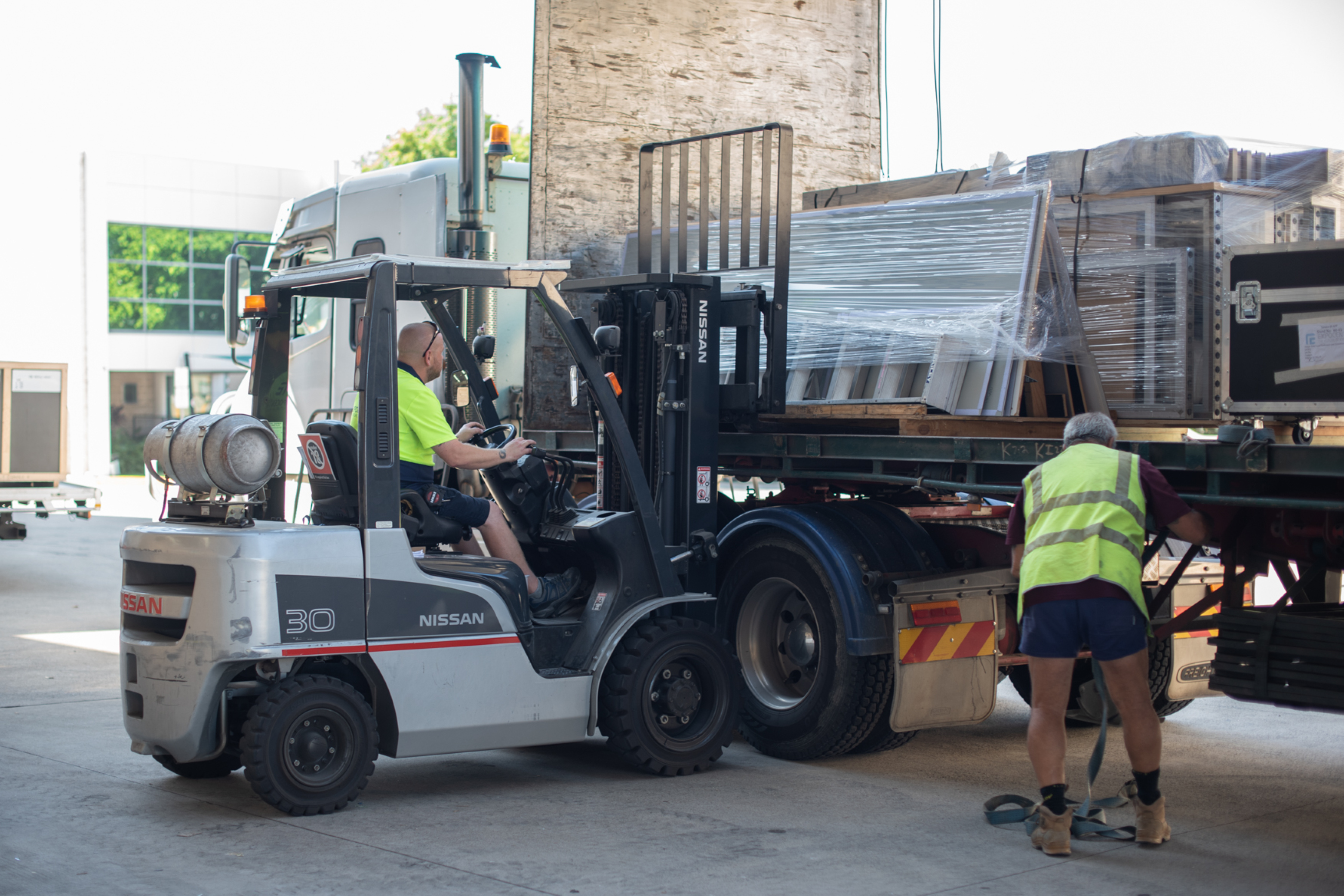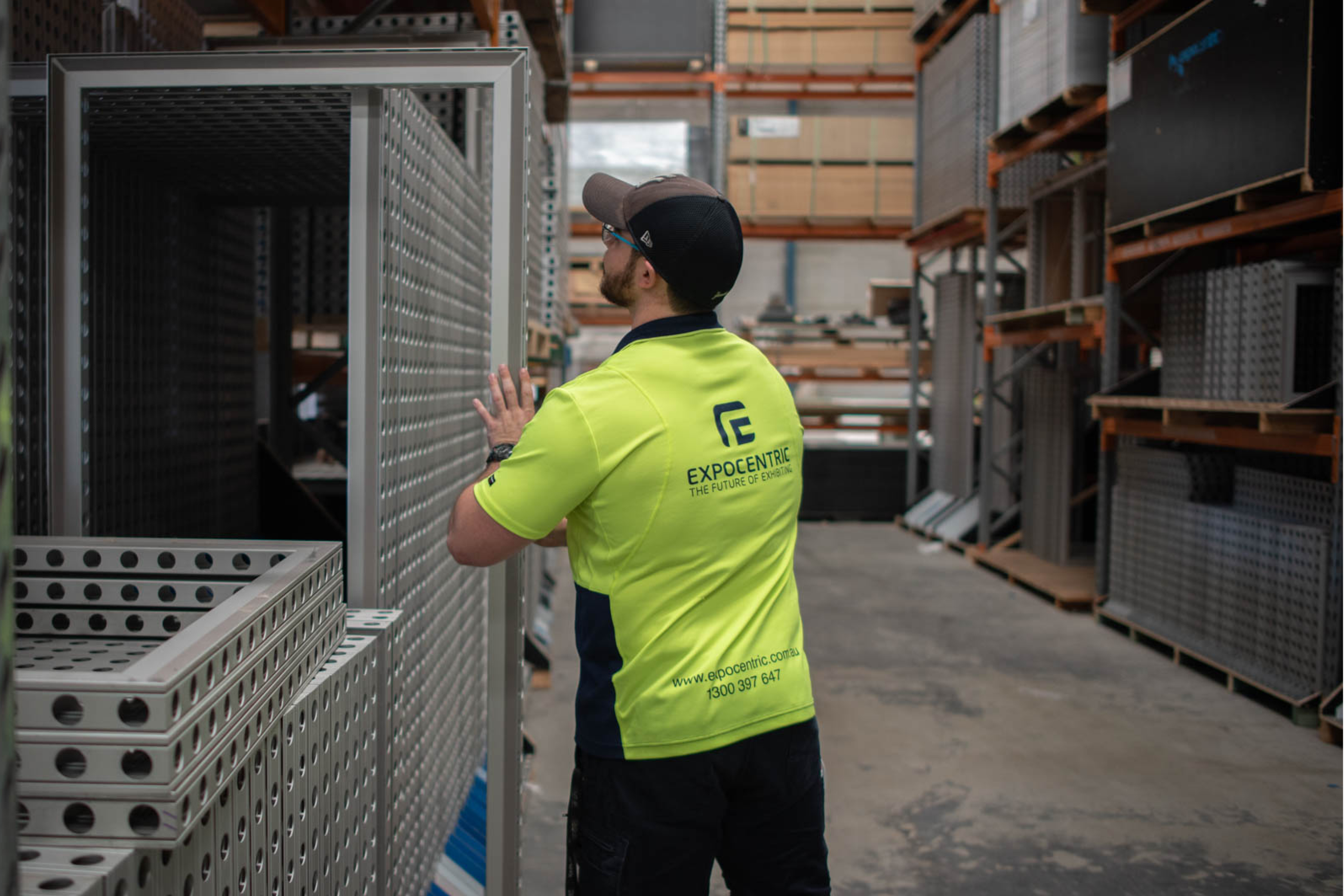Event logistics and implementation serves as the backbone of a memorable and impactful event. Whether it’s a product launch, a trade show, a conference, or any other corporate gathering, meticulous planning and execution are game-changers. They are a way to run successful events smoothly, maximising every brand or sales campaign that would lead to exceed ROI.
Understanding Event Logistics
Event logistics encompass the detailed planning, coordination, and execution of all facets related to an event. This intricate process entails a spectrum of actions and choices, the mastery of which culminates in a flawless and unforgettable experience for event participants. Here are some key components of event logistics:


Pre Event Checklist
Venue Selection: Choosing the right venue is critical. Factors like location, capacity, accessibility, and suitability for your event type must be carefully considered.
Budget Management: Creating a realistic budget and sticking to it is fundamental. It ensures that financial resources are allocated wisely throughout the planning process.
Vendor Coordination: Collaborating with various vendors, including caterers, decorators, audiovisual technicians, and security personnel, is essential to bring your event to life.
Scheduling and Timelines: Developing a detailed timeline that outlines when each aspect of the event will occur is crucial. This keeps everyone on the same page and ensures tasks are completed on schedule.
Marketing and Promotion: Effective promotion is key to attracting attendees. Utilise various marketing channels to reach your target audience and build anticipation.

The Implementation Phase
Once the logistics have been meticulously planned, it’s time to shift gears into the implementation phase where all hard work and preparation come to fruition. Here are essential steps for successful event implementation:
Event Execution/ Day-of-Event Checklist
Team Coordination:
Ensure all team members and volunteers are well-informed about their roles and responsibilities. Conducting pre-event meetings is key inorder to address any last-minute concerns.
Bump-in:
Early arrival and bump-in at the venue is essential to oversee setup and finishing touches. Inspect the event space and identify all essentials i.e. power supply, where to rig elevated items, etc.
Registration & Check-in:
Streamline the registration process to minimise wait times for attendees. Utilise QR codes or mobile apps for quick and efficient check-in.
Program Execution:
Stick to the event schedule to maintain a smooth flow. Ensure that speakers, presenters, and performers are briefed and ready to take the stage. It is always advisable to set up a comfortable holding area/ dressing room for them.
Guest Experience:
Be attentive to the comfort and satisfaction of guests. This includes having a team ready to provide refreshments, address queries, and to resolve any issues promptly.
Feedback Collection:
During and after the event, gather feedback from attendees. This information is invaluable for improving future events. Utilise QR codes, links, or mobile apps for ease and efficiency.
Post-Event Evaluation:
After the event concludes, conduct a comprehensive evaluation to assess what went well and what could be improved. Use these insights to refine and plot possible approaches for future events.
Event Survey:
This is a valuable tool for event organisers to assess the success of their events, make data-driven decisions, and continually improve the attendee experience, ultimately leading to better, more successful future events.
Thank you’s:
Give a tailor-made thank-you gesture to guests in order to forge strong relationships with the attendees. Personalization and sincerity go a long way in making gratitude more meaningful.
Event logistics and implementation are the backbone of all successful corporate gathering and events. By meticulously attending to each facet, ranging from selecting the ideal venue to curating an exceptional guest experience, businesses can create memorable events that leave a lasting impact on attendees. The key lies in careful planning, effective coordination, and a commitment to continuous improvement in the world of event management.


The checklist
We have collated a short summary of our event planning checklist for your company to adapt to their next event. This is just the main gist, and can be tailor-made depending on your organisation’s direction.

